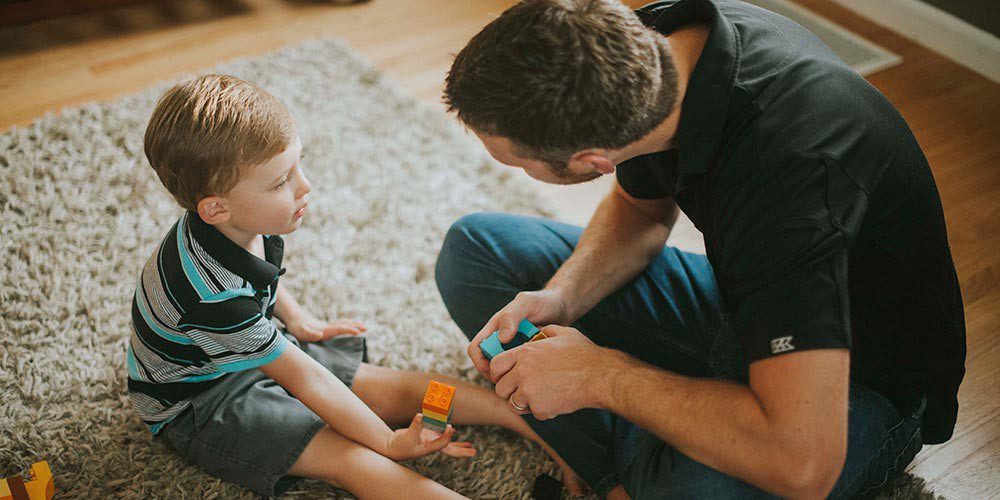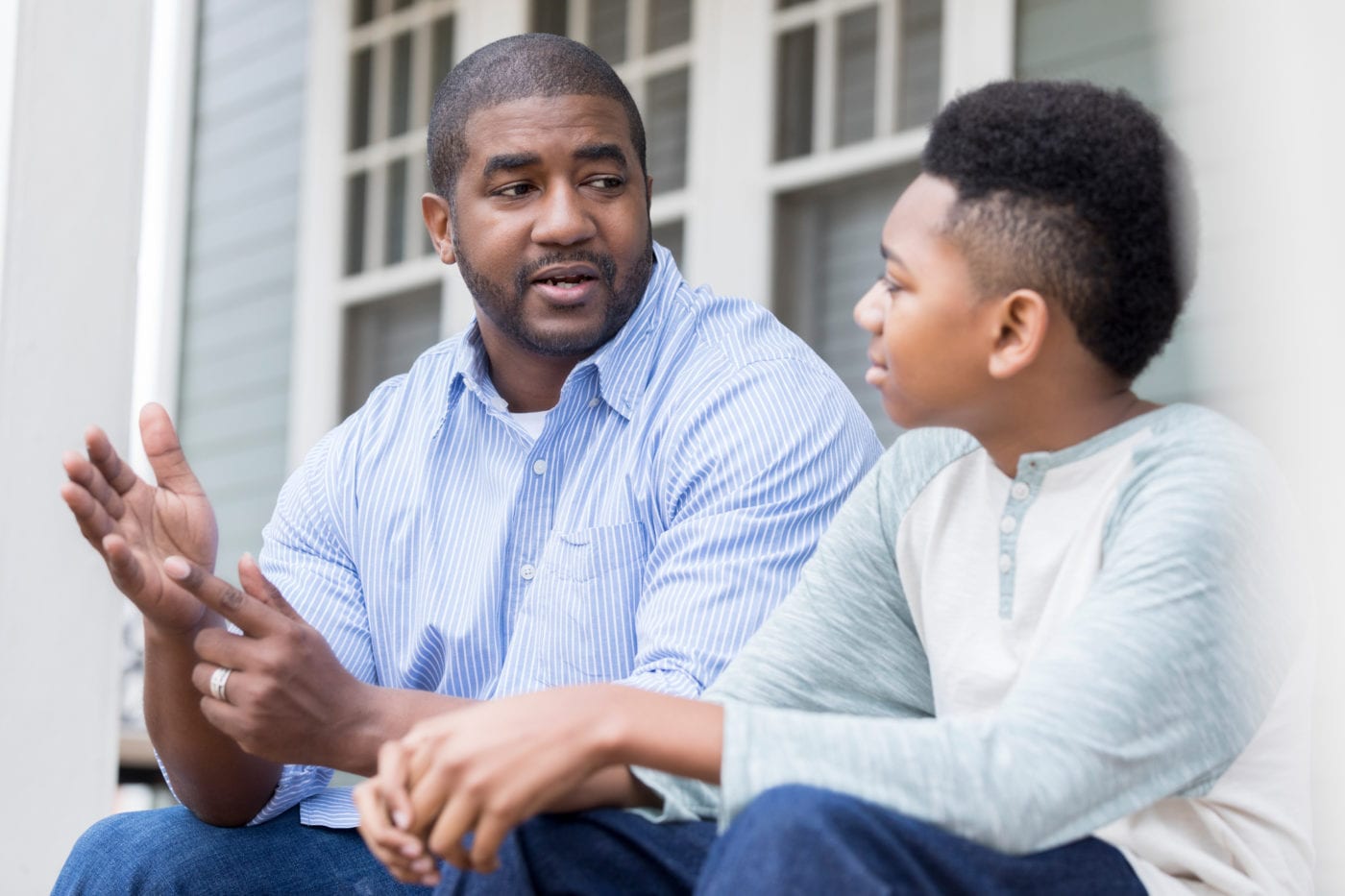When I was in eighth grade, my dad told me to do something. To this day, I don’t know why I said it, but I simply replied, “Oh, shut up.” My dad was not happy. He got up quickly, rushed me to my bedroom, and verbally tore into me. I have never been so scared of him. He eventually calmed down and discussed the incident. He ended it by hugging me. I’m sure he shared some wise words, but if he did, I don’t remember them. I just remember the anger and then the hug.
Now that I’m a dad, I understand that anger, especially when dealing with bad child behavior. When kids get mouthy—when they have a comeback for everything we say—tension fills the house, blood pressures rise, and we may say and do things we’ll later regret. We need to be self-controlled and to teach self-control. But how? How do you teach right behavior so it sinks in without yelling, making threats, or setting off emotional fireworks? Here are 4 ways to confront bad child behavior.
1. Avoid getting heated.
First, it’s important to avoid heated emotions. Your child probably thrives on getting a reaction out of you, and if you do get angry, you’re essentially letting him or her control the situation. Click on this link to see a plan that may help you.
2. Offer choices.
As Foster Cline and Jim Fay describe in their book Parenting With Love and Logic, there is a way to maintain control and challenge child behavior by giving choices while letting the kid save face. The important thing is to offer your child two or three choices that are all agreeable to you. You can’t reason with a child when he or she is sassing you, so give choices with the goal of getting some space until your child can speak calmly. You could say, “Honey, would you like to go to your room, or outside, or down to the basement? You’re free to come back when you can talk calmly like I’m doing.” Just keep urging your child, politely, to relocate until he or she can be polite.
3. Figure out why.
Then, once tempers have cooled off, try to figure out your child’s reasons for being disrespectful. Discuss it with the purpose of really learning about your child, not just stopping an ugly behavior. Maybe your child is just being hyper, letting off steam. Or, maybe it happens when you’ve asked your child to do something he or she doesn’t want to do—something that makes your child feel put down or controlled. Does he or she really mean the rude words? Draw your child out, and listen without being judgmental or defensive.
4. Call out unacceptable behavior.
You still reinforce the fact that the behavior is unacceptable—that’s important. But you help your child come up with a better way to satisfy his or her desires in a polite and more effective way. Dads, we can maintain control and teach our kids a better way.
Sound off: What are some ways we should respond to bad child behavior?











Huddle up with your kids and ask, “Do I focus more on your poor behavior or your good behavior?”